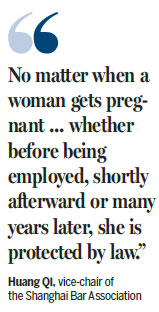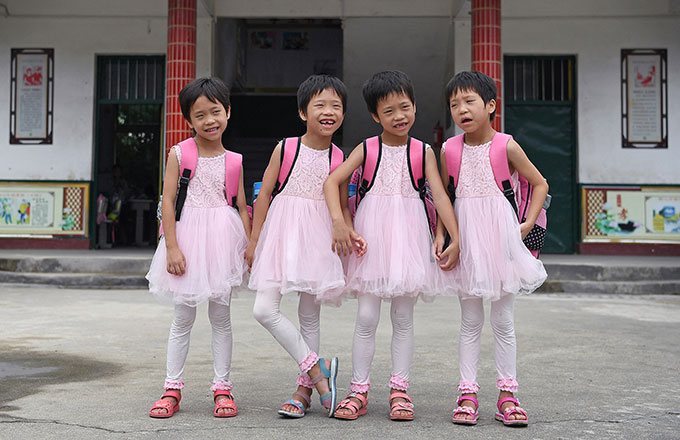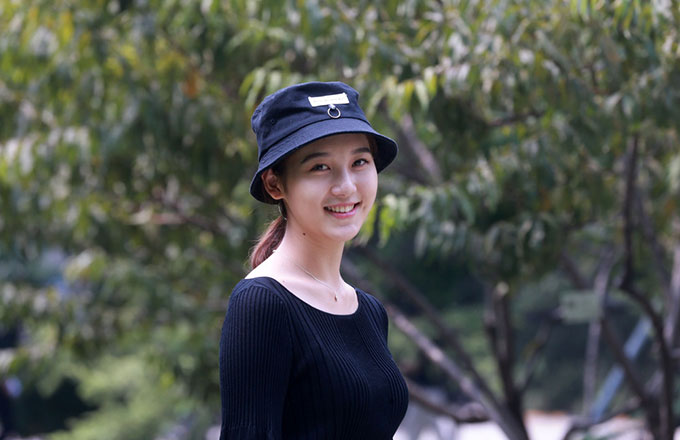Maternity benefits case puts policies in spotlight
HR executive says medical exam may be proposed to screen for pregnancy
An incident in which a woman announced her pregnancy after three days on a new job - and then quit immediately after her maternity leave expired - triggered online discussions and comments that such incidents may create barriers for women in job hunting.
Zhejiang Jinxun, a private internet technology company based in Ningbo, Zhejiang province, told Ningbo Evening News on Sept 6 that a job applicant who claimed in an interview to be single and said she didn't plan to get married in the near future announced that she was pregnant shortly after being hired. She asked for sick leave frequently during pregnancy, and resigned when her 128-day maternity leave ended, the company said.
Zhang Hai, the general manager, told the newspaper that he believed the woman, who was hired as a secretary, was intentionally deceptive to guarantee her income and social security during pregnancy and maternity leave. The law prohibits any employer from firing a woman for being pregnant or who is breastfeeding.

When asked about the matter on Tuesday by China Daily, the company declined to comment and refused to give the woman's contact information.
China Central Television started an online poll on its WeChat subscription service on Tuesday, and 40 percent of respondents said the woman's behavior was dishonest and should be condemned, as it may cause employers to be suspicious of all female employees of childbearing age.
Only 8 percent of the total 22,500 respondents said the woman's behavior was justifiable because money is needed to bring up a child.
"No wonder the company required me to sign an agreement that it will discontinue the work contract with me if I get pregnant within two years. Such incidents will put women at a disadvantage in looking for jobs and getting promotions," one internet user from Yangzhou, Jiangsu province, commented on Sina Weibo.
Huang Qi, vice-chair of the Shanghai Bar Association, said that the woman didn't break the law.
"No matter when a woman gets pregnant, whether it was planned or accidental, whether before being employed, shortly afterward or many years later, she is protected by law," Huang said.
But in fact, there are many occasions that women encounter unfairness in the workplace, according to some senior human resource executives.
"We used to ask female job applicants, 'Do you have a child?', which was changed to 'How many children do you have?' after the universal second-child policy was adopted," said a man who worked for a decade as a recruitment manager at a State-owned enterprise in Shanghai.
"From the employer's side, we prefer women with a continuous career plan without disruption by pregnancy, especially when they are recruited for leadership positions," he said on condition of anonymity.
Another human resources executive, who also insisted on anonymity, said some businesses arrange health checkups with a chest X-ray before offering a job to a female candidate.
"If the candidate says it's not convenient to have a health checkup, the company may find excuses not to sign the work contract with her" because it suspects the woman is pregnant, she said.
"I suggest women try to have a child after working at a company for a few years, which seems reasonable and decent," she said.
Chen Yandi, founder of Hand-In-Hand, a Shenzhen-based NGO dedicated to protecting female workers' rights, said women are encouraged to fulfill their job duties as usual during pregnancy if their health allows, and the government can apply tax reductions to companies based on the number of employees who gave birth in a year.
"But in this case, I don't think the public can judge the woman before hearing her personal story," she said.





















